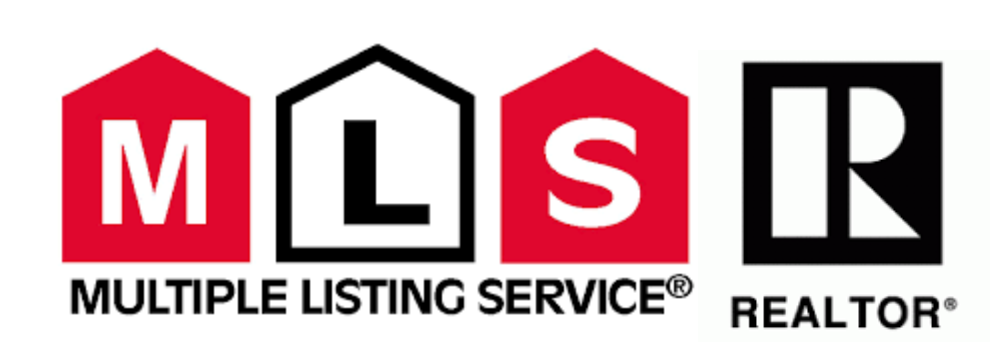When buying or selling a home, you’re going to encounter all the terminology that goes along with it. Many of these words and phrases are not common knowledge, and having a basic understanding of the ones used most often can make the process less daunting. Let’s look at a few real estate terms to know:
Adjustable-rate mortgage – There are two main types of mortgages. An adjustable-rate mortgage has an interest rate and mortgage payment that vary according to market conditions. It is less predictable than a fixed-rate mortgage but can potentially have very low interest rates at times.
Fixed-rate mortgage – Fixed-rate mortgages are more predictable. They have an interest rate and mortgage payment that remain the same throughout the term, and does not fluctuate according to market conditions.
Mortgage pre-approval – A mortgage pre-approval is a process that involves you as the homebuyer and the bank as the lender. Homebuyers will fill out an application detailing various aspects of their finances, including income, assets, and credit history. The lender will then review it to determine the debt-to-income ratio and the amount they are willing to lend to the homebuyer. This is not the same as a mortgage approval.
Appraisal – An appraisal is a process of determining the value of a particular property, so that a lending institution can determine how much they are willing to loan. In Canada, an appraisal can only be done by a member of the Appraisal Institute of Canada or the Canadian National Association of Real Estate Appraisers. An appraisal is different than a market evaluation, which is what a real estate agent will give you as an idea of the property’s worth.
Offer/Counteroffer/Backup offer – Here’s where we get to the nitty-gritty. An offer to purchase sets out the terms with which you agree to buy the home and is a legally binding contract between the seller and the buyer. However, there are different kinds of offers.A counteroffer occurs when the seller of the property does not accept the offer you extend and makes changes to it, such as the price or the date, making the original offer invalid. A counteroffer will have a time limit within which a buyer may accept or reject it.A backup offer happens when a buyer is interested in purchasing a property that already has another offer in process with someone else. If the original offer falls through for any reason, the backup offer will be next in line to purchase the property. There can only be one backup offer on a property at any time.Principal – The principal is the amount you borrow from a lending institution. It does not include the down payment that you would have contributed, and it does not include interest. Your mortgage payments will always be applied toward the interest first, so you need to consider that when budgeting for a mortgage payment. The interest is typically calculated on a daily basis, but you will pay it with your monthly mortgage payment.
Debt-to-income ratio – Also known as DTI, the debt-to-income ratio is a number that is determined by the buyer’s total debt, plus the monthly house payment, divided by the gross monthly income and multiplied by 100. The resulting number helps lenders determine the amount of risk they are taking with a particular buyer. Lenders typically look for less than 28 per cent of the total monthly income spent on housing, and less than 36 per cent contributed to debt payments.
Mortgage loan insurance – If your equity or down payment on the property is below 20 per cent, you will be required to purchase mortgage loan insurance. Offered by CMHC, Genworth and Canada Guaranty, mortgage insurance protects the lender against losses if you fail to pay your mortgage.
Equity – Equity is the difference between the market value of your property and what you still owe on it. If you sell a property at a profit, then equity is the amount you will receive after paying off the mortgage.
Closing Costs – Closing costs are those associated with the actual purchase of the home and not with the value of the house itself. They can include legal fees, realtor commissions, lawyer fees and land transfer fees. These are all due on the closing date once the purchase of the property is finalized. Real estate lingo can be confusing sometimes, but if you look up some of the terms ahead of time, you will be well on your way to understanding what is going on when you purchase your home.
